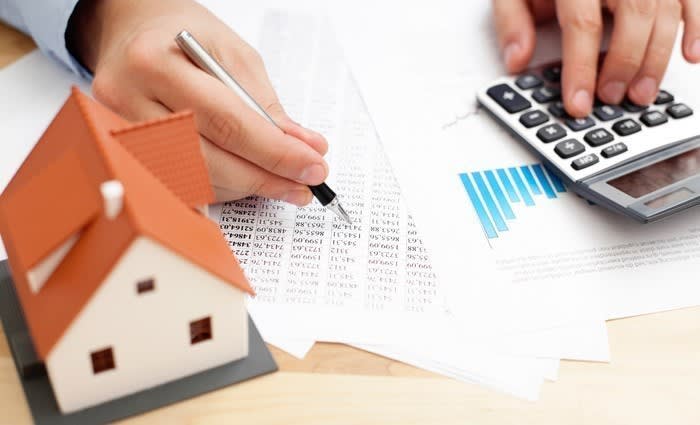Interest rates are low, but does this mean you should buy an investment property?
Have a look at a home loan comparison website and you’ll see a growing number of variable rate mortgages are now below 5%.
With mortgages this affordable you could refinance out of an old expensive loan and into a low cost one; and it’s also a good opportunity to repay more than you have to – to build up equity more quickly.
But a lot of people are asking if the low rates mean it’s time to buy an investment property?
Firstly, I suggest potential investors separate their thinking between the mortgage interest rates and the investment itself. Long after variable rates have returned to normal levels, you’ll probably still own this investment and it should make financial sense.
The point of an investment property is to harvest the ‘total gross yield’ – that is, you want the property to produce rental income and capital growth. You want enough rental income to help pay the mortgage and meet costs month-to-month, and you want sufficient capital growth so that over time it becomes a more valuable asset.
If you can achieve a 5% per annum rental yield and the average growth in the suburb is 3% per annum, you have an 8% gross yield. But there are many things that can vary this result.
Does the property need renovations? Is it maintenance-intensive? Will you use a property manager? Is it close to amenities such as schools, shops and train stations and likely to be sough-after by tenants? All of these things will affect your yield over the long term, and property is a long-term game.
There’s really no substitute for homework – you must have a clear view about ownership costs.
You also have to think about negative gearing, which is a tax rule that allows you to take any losses on the property and use them to reduce your taxable income, thereby reducing your taxes.
This brings us to the cost of your mortgage. Many people want to buy an investment property simply because they can, but the cost of entry isn’t the end of the discussion.
The investment mortgage has to be repaid from income, while most people are also funding the family home loan from the same income. Even if negative gearing gives you a small tax break, you have to calculate if you could afford to pay the investment property mortgage if the rates moved upwards by, say, 2%, or 3%.
Fixed rate mortgages only give you breathing room for the term of the fixed rate – they don’t make rising interest rates go away.
Low interest rates make it affordable to buy, but you have to know what it costs to own it, which means understanding where interest rate rises will leave you.
And, a final hint: the best property investments are made at purchase. Try to buy a property at a good price, with low maintenance, in a high-demand area, where prices are just starting to pick up. Be patient and do your homework.
If you buy well, you’ll do well.
Mark Bouris is executive chairman of wealth management company Yellow Brick Road.
